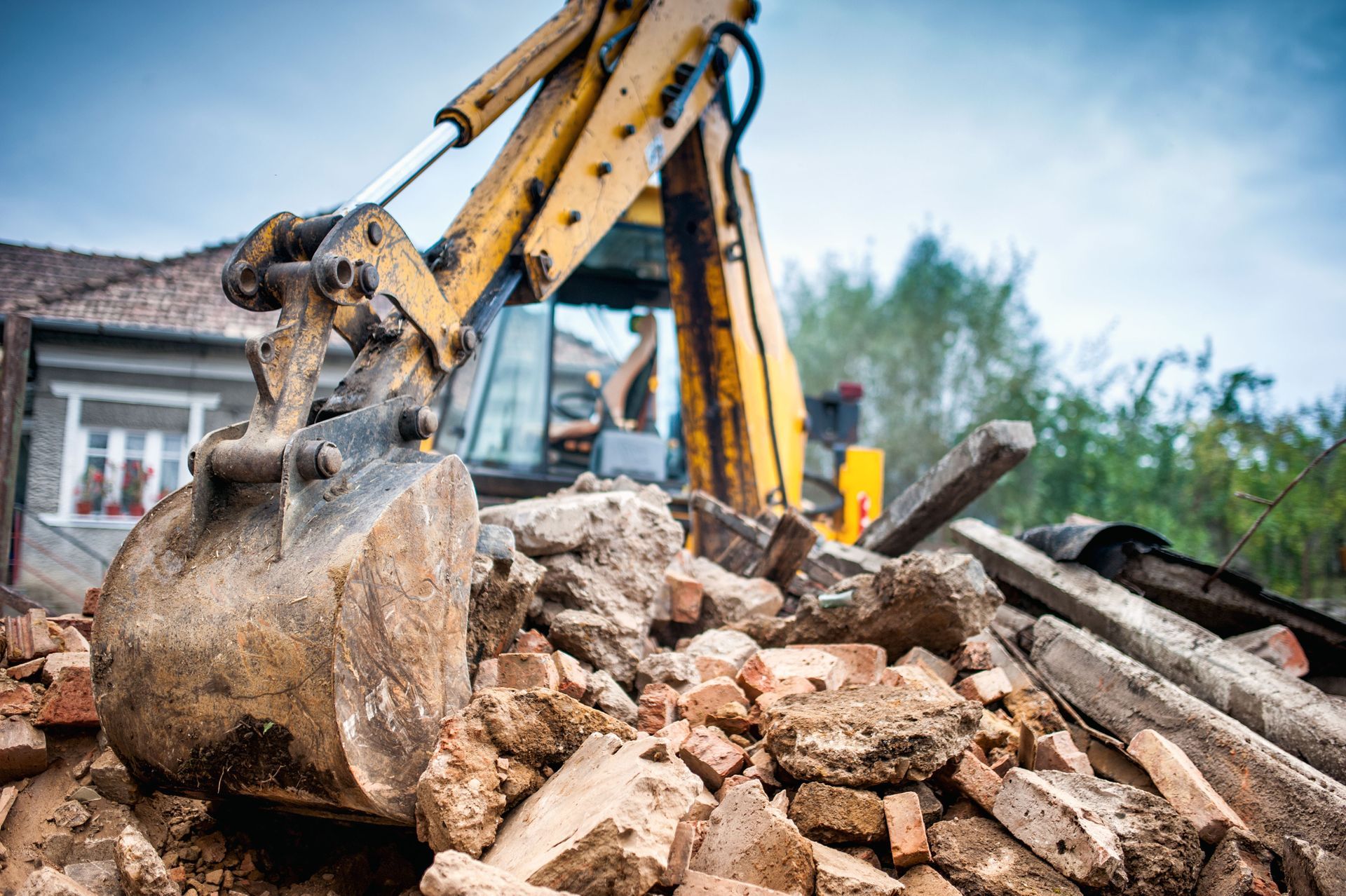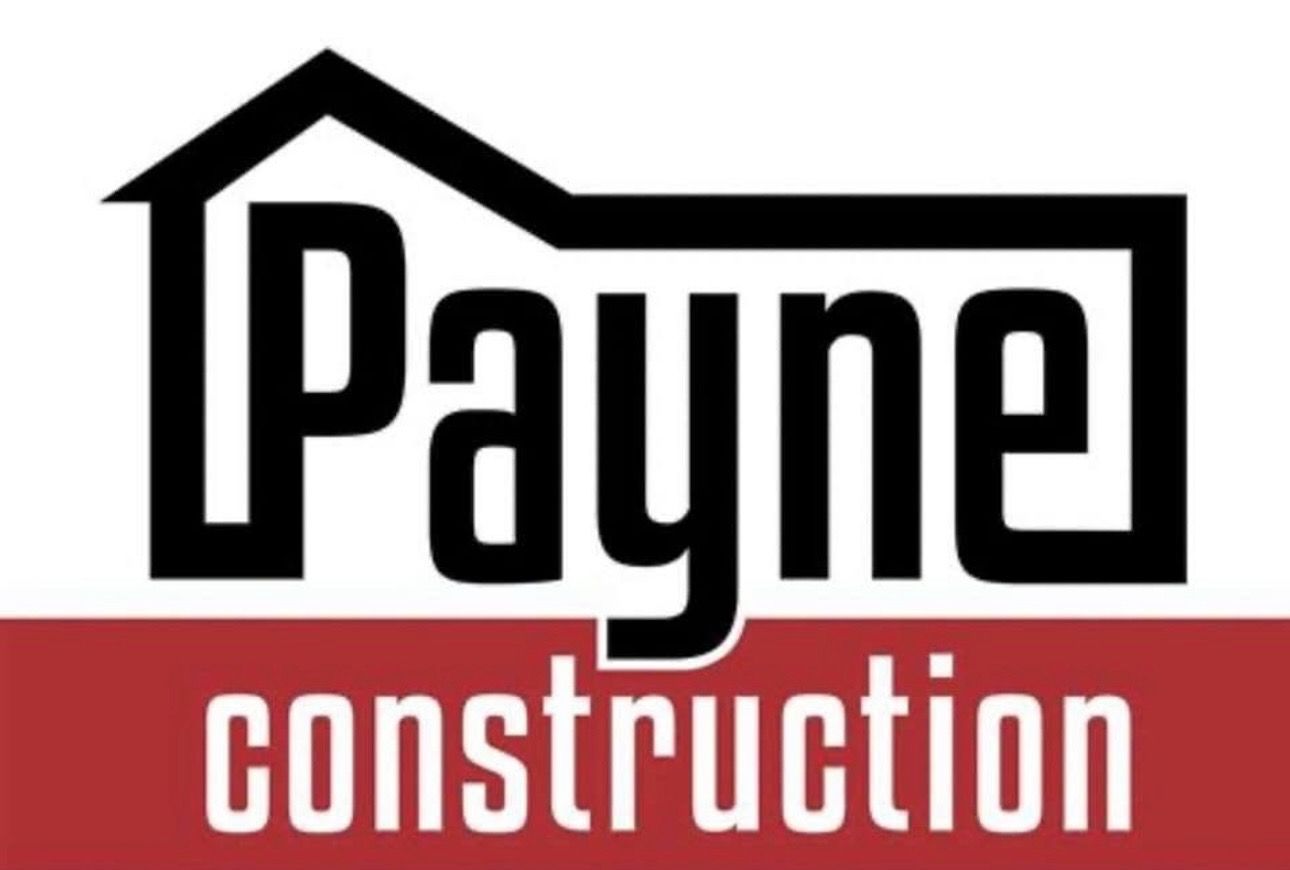September 16, 2025
When planning a construction or landscaping project, choosing the right excavation services is crucial. This guide will help you navigate the essential questions to ask your potential excavation contractors, ensuring a successful completion of your project. By being informed and prepared, you can minimize risks and achieve better outcomes. Comprehensive planning involves understanding various factors like the contractor's experience, equipment usage, and safety protocols. With this guide, you'll be better equipped to handle your excavation project effectively.
What Experience Should You Expect from Professionals?
Understanding a contractor's background is the first step towards assessing their capability to handle your project. It is important to inquire about their years of experience and the specific types of projects they have worked on. A contractor with substantial experience in excavation services will have a proven track record of efficiency and may also have faced a variety of challenges. Experience in similar projects can be an indicator of the contractor's ability to deliver desirable results for your needs. Verifying their qualifications and licenses is a non-negotiable requirement to ensure they meet all regulatory standards.
Evaluating past projects similar to yours can provide insightful information about the contractor's skill level. A portfolio of previous work, including timelines and budgets, will offer a glimpse into their operational efficiency. Successful execution of similar excavation services means the contractor understands the intricacies and potential challenges involved. These insights can be invaluable for customizing solutions that meet the specific requirements of your project. Furthermore, the contractor’s problem-solving skills are often best showcased through their past project experiences.
Client references and testimonials serve as evidence of the contractor’s reliability and quality of work. Speaking directly to former clients can offer unique perspectives that aren't available through other means. These testimonials indicate how well the contractor communicates, manages timelines, and resolves issues. The more reputable the references, the higher the likelihood that the contractor will deliver quality excavation services. Essentially, these insights are invaluable in making an informed decision while hiring a trusted provider.
What Equipment Should Be Utilized for Success?
Understanding what equipment will be used is pivotal to assessing whether a contractor is the right fit for your project. Different types of excavation services require specific machinery, and knowing what's necessary can ensure efficiency. Advanced machinery often correlates with a more streamlined and safe operational process. Conversations around equipment should always factor in your project’s specific needs and how the contractor plans to meet them. Whether it's bulldozers for large-scale land clearing or more delicate machinery for precise tasks, this information is crucial.
Inspection and maintenance of equipment is vital for safety and efficiency on the job site. Regular safety checks and maintenance contribute to minimizing breakdowns and ensuring the longevity of the equipment. Familiarity with both the benefits and limitations of the machinery is essential for adapting to project-specific needs. According to Safety Culture, land clearing generally falls into four primary categories—bulldozing, cut and grind, pulling, and pile and burn, with each method offering unique benefits depending on the scale and needs of a project.
Equipment safety standards should not be compromised. Ask the contractor about their safety protocols and whether they comply with industry standards. Backup solutions for equipment failure should also be discussed, as machinery issues can lead to costly delays. Knowledge of safety protocols and emergency backups can save both time and money while mitigating risks. Additionally, exploring how adaptable a contractor is to unforeseen problems will offer peace of mind throughout the excavation project.
What Estimate Details Should You Request?
A detailed estimate is essential for project transparency and effective budget management. Breaking down costs provides a clearer picture of the financial obligations involved, further allowing for better allocation of resources. An estimate should cover various aspects of the project, including labor, materials, and potential transportation costs. Addressing potential cost overruns should be proactive to avoid unexpected financial burdens. The estimate should be a binding document unless mutually agreed changes occur later in the project.
Understanding hidden or additional fees beforehand allows for more accurate budget forecasting, minimizing financial shocks. Contractors should be upfront about potential costs that aren't immediately obvious. This openness builds trust and facilitates a smoother working relationship. Delays often lead to extra expenses, and having a clear understanding of these potential risks enables better preparedness. Transparent communication regarding these factors contributes significantly to the successful completion of your excavation services.
What Safety Standards Should Be Verified?
A contractor’s safety record is a critical aspect of their credibility and professionalism. Review of safety policies gives insight into the company's commitment towards ensuring the well-being of its workforce and clients. A contractor with a commendable safety record is generally more reliable for safe operations. Assessment of past incidents helps in understanding how risk-averse the contractor is and their responsive actions towards safety lapses. Effective safety measures ultimately contribute to preventing accidents and maintaining a hazard-free worksite.
Insurance policies should be comprehensive and clearly outline the liabilities and protection offered. Inquiring about the types of coverage, whether for workers' compensation or property liability, helps mitigate risk. A well-documented safety record paired with robust insurance coverage reassures committed reliability towards the project safety. Safety is a non-negotiable element and reflects a contractor's competence and professionalism. Ensuring that safety records and measures align with your expectations can significantly impact the success of excavation services.
What Timeline Should You Anticipate for Completion?
Setting realistic expectations for project timelines mitigates misunderstandings and aligns contractor and client goals. A contractor should provide a comprehensive timeline factoring in all project phases, tasks, and contingencies. Additionally, the timeline sets a benchmark against which the project's progress can be measured. Identifying potential delays beforehand allows for more efficient contingency planning. Being prepared for bottlenecks, whether due to weather, equipment failures, or staffing issues, aids in maintaining the project's momentum.
Effective communication of timeline changes is crucial for adapting to evolving project needs. When deviations occur, timely communication helps in realigning goals and adjusting plans to minimize disruptions. Coordination with other contractors is pivotal, especially when excavation services are one component of a larger construction initiative. Preparing for seamless integration between contractors can prevent avoidable delays and ensure consistent project flow. Meeting deadlines is essential, and some contracts may involve penalties for late completion to incentivize timely delivery.
What Approach Ensures Compliance and Permits?
Understanding local requirements is foundational before undertaking any excavation or construction project. Permits and regulations often differ by location, so a contractor experienced in obtaining relevant approvals can be invaluable. Key to project success is hiring a contractor familiar with local requirements and how to efficiently navigate bureaucratic landscapes. Ensure that regulations pertinent to your project are mentioned early in discussions to avoid future disappointments. Often, skilled providers of excavation services have established relationships with authorities, streamlining permit acquisition processes.
By asking these critical questions, you can ensure that your excavation project will be handled by experienced and competent professionals, minimizing risks and potential issues. Thorough preparation and clear communication are key to achieving a successful outcome. Understanding the experience, equipment, cost structure, safety records, timelines, and regulatory processes of your contractor offers a foundation for trust and success. Risk mitigation starts with a well-informed client who asks the right questions. Ultimately, taking the time to investigate and understand each aspect of a contractor’s operations enhances both safety and efficiency, ensuring project resilience and longevity. Contact Payne Construction for quality excavation and a client-focused approach.

